Month: May 2017
All About Organic Cheeses- Are They Better For You?
If you are a cheese lover, it is already hard enough to choose between your favorite Mozzarella, Stilton or Cheddar. Not only that but in recent years, creameries have created another delicious choice for us: Organic.
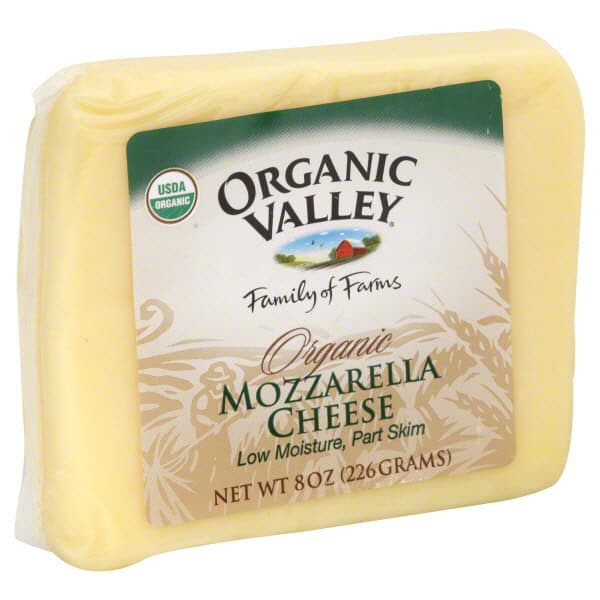
Image Source: gianteagle.com/93966253702.aspx
Organic cheese is very much like many other organic agricultural products on the market, organic cheese is produced without the use of antibiotics, growth hormones, or dangerous pesticides. The milk used to produce the organic cheese comes from all organic farms where cows only eat organically grown grasses. The cheese is also free from artificial coloring or flavorings, and a lot of the time, enzyme rennet, which is used to curdle the milk, is not made from animals or genetically engineered. In place of them are naturally occurring enzymes, making organic cheese not only delicious but safe for vegetarians too.
Why You Should Buy Organic
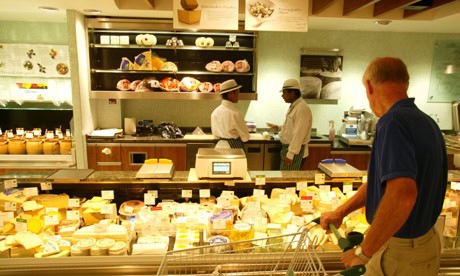
Image Source: pinterest.com/pin/548946642051275268/
It is always the case that when you buy food, it is important to find something that tastes good, and is generally good for you. The good thing about organic cheese is that they are often superior in taste and quality and have received many rewards from cheese connoisseurs and professional critics.
While organic cheese is great for your taste buds, the benefits of buying it stretch farther than just your body. Buying it positively affects everything from your personal health to farm animal welfare, to even the earth’s endangered environment. To put it all into perspective:
Organic Cheese Affects On Your Health
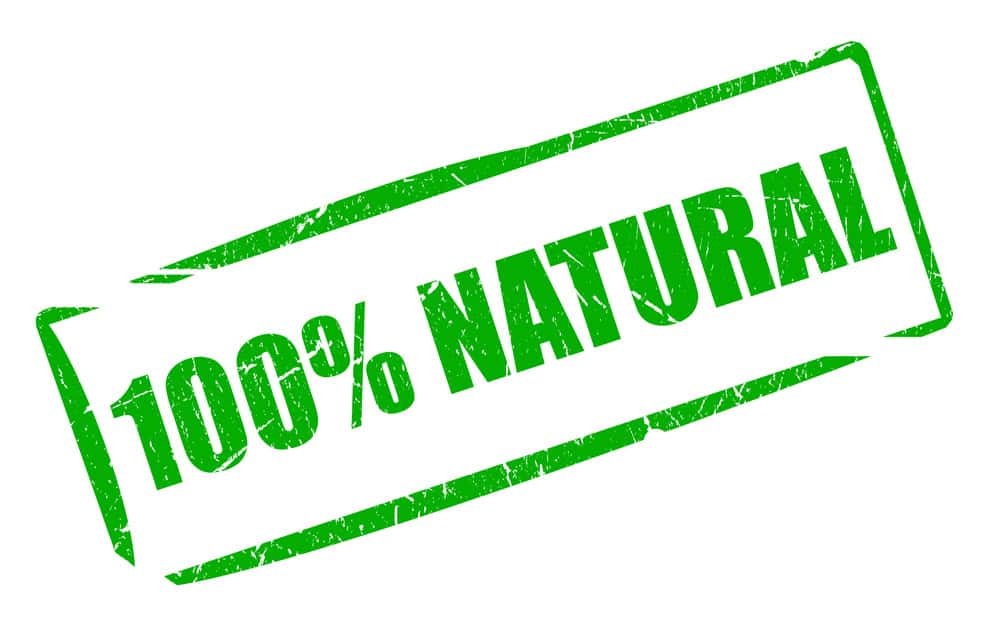
Organic cheese contains all the goodness from regular cheese, including the high levels of protein and calcium. However, research has proven that due to cows having a natural pasture-fed diet, cheese made from organic milk is much higher in nutritional value.
– Research has shown that there are more Antioxidants in organic cheese, with it being 2-3 times higher in antioxidants such as lutein. It is also proven that organic milk is up to 50% higher in vitamin E and 75% higher in beta-carotene. They all fight damaging free radicals and can perhaps aid the prevention of cancer and heart disease.
– Studies have shown that there are more Omega-3s, containing up to 71% more than non-organic milk. Omega-3s are vital for maintaining a healthy heart, strong bones and teeth and flexible joints.
– Organic cheeses also lower the exposure to the toxins and pesticides that often come from factory farming practices. This is very important for children in particular because their rapidly growing nervous systems are more sensitive to the effects of these harmful compounds.
The Welfare Of Animals

Image Source: renewingallthings.com
Another great thing about organic farming is that organic dairy farmers are also committed to the humane treatment of farm animals. Cows are not pumped with protein or antibiotics to force them into producing more than their natural capacities. They are kept in good health, fed an organic diet and have access to fresh air, natural light, and open pasture as much as possible.
Also, another important part of organic farming is that if the cows become sick, they are treated holistically with homeopathic medicines whereas, at non-organic farms, cows are routinely given antibiotics to prevent infection, even when they are healthy. While antibiotics are useful for fighting disease, they become less effective when used excessively. This has an onset effect for humans as we are being exposed to the antibiotics and they may lose effectiveness in treating humans too.
The Effects On The Environment
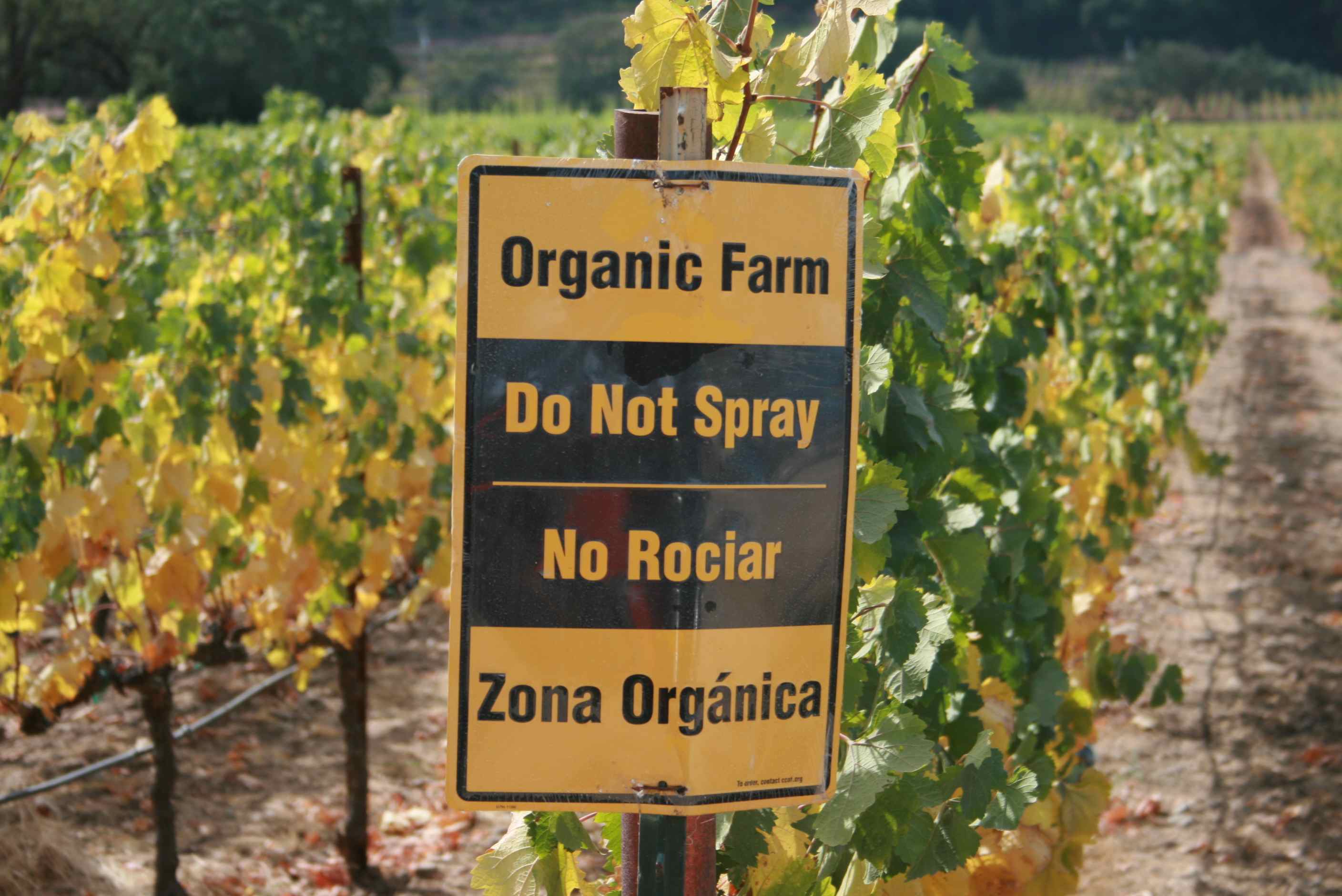
Image Source: therealwinerepublic.com/
You wouldn’t think that organic farming would have an effect on the environment, but it actually does. Organic farmers are not permitted to use chemicals that pollute the air, water or food. Instead, organic farmers use non-toxic pest control methods and sustainable farming techniques like crop rotation and composting. These methods ensure rich, healthy soils while conserving water and fossil fuels. They also are encouraging to wildlife, which has drastically declined over the last 50 years.
How To Know If It’s Organic

Image Source: ota.com/organic-101/organic-standards
Labeling is definitely important when cheese buyers are seeking higher nutritional value, toxin free and humane farming practices. In the U.S. it is the law to have certified organic labeling. There are numerous standards which are enforced by organic certification authorities. If you are in doubt, it is best to check your cheese packaging for organic accreditation. When cheese is labeled organic, it must contain at least 95% organically produced raw or processed agricultural products. Labels will usually contain the standard USDA certification.
The Perfect Cheese Board
When creating and serving cheese boards, nations always tend to serve them differently. For instance, here in America we actually serve cheese boards as a starter whereas in France they serve them right before dessert, and in England, they serve them as the finale (save the best ’til last, right?) The fact is, regardless of when we serve cheese boards, they are a deliciously welcomed indulgence, especially in the finer restaurants and at dinner parties.

Image Source: anappealingplan.com
When it comes to cheese boards, it can vary what you put on them, they can be as simple or as extravagant as you please. However, when it comes to preparing and presenting your cheese board, it can be tricky as they tend to be like a work of art. So here is a perfect guide to help you select and display the best cheese board to be enjoyed to the fullest. Crack open a bottle of wine and indulge in your favorite cheese as you plan your next cheese board.
Selecting What Goes On Your Cheese Board
When it comes to preparing your board, it is best to serve around 4-5 cheeses, this will ensure a good selection while not overwhelming your palate at the same time. Visiting a good cheese store (such as Shisler’s Cheese House!) will ensure variety and good quality cheese. A great tip when you are selecting your cheese would be to aim for different tastes, styles, and textures.
A sample of an interesting but relatively simple cheese board would be:
– A firm cheese such as Asiago or Cheddar
– A soft cheese such as Brie or Camembert
– A blue vein cheese such as Danish Blue Cheese
If you want to go further with your selections, you should add a spreadable cheese such as fresh chevre, or an extra special cheese which is flavored with wine, herbs or spices.
Keep It Themed!
To make your board even more creative, it is great to build around a theme. An idea could be to offer only cheese from different kinds of milk- cow, sheep, or goat’s milk. Another theme could be to offer cheese from a particular country or region a.k.a all American cheeses or Italian cheeses only. Keeping themes will ensure fun and variety. You could even pair the cheese board with a selection of wines from the chosen region as well.
How To Present Your Cheese Board
Now is the important part. You could have the most delicious cheeses possible, but if they are not presented in a way that gets mouths watering, it can be a waste. The best way to begin is by choosing a tray or platter which is large enough to keep cheeses of different shapes and sizes from touching. The type of board can also vary, wood boards are traditional, whereas marble is slightly more elegant and they offer a cool surface and a nicely colored background which will contrast well to make your cheeses pop even more.
Arranging your cheeses is important for making sure they are most accessible to your guests. Put the smaller cheeses in the middle, and then place the soft cheeses around them. The hard cheeses should then be arranged on the outside of the cheese board so that they are easier to cut.
Accompaniments On Your Cheese Board
It is important to garnish your piece of art with natural ingredients. Grapes, apples, parsley, celery, tomatoes and dried berries all are natural and add beautiful colors and flavorings to the board and the perfect contrast and compliments. You might also wish to add olives, onions or lightly roasted nuts in separate dishes. To balance it all out, it is best to add a variety of crackers and bread that aren’t too strong or salty. While you want to keep it simple, that doesn’t mean you cannot treat your guests to something special. Adding slices of tangy sourdough or black pepper biscuits will definitely keep it special.
For beverages, wine, beer, and cocktails are all the popular, classic accompaniments. Put simple, blue cheeses pair well with Sauternes and Port, fresh cheeses pair well with Pinot Noir or Sauvignon Blanc, and aged cheeses with Zinfandel or Burgundy. For more of the extravagant soiree, perhaps offer a different wine for each cheese. Again, tying it back into themes, the best way is to choose a wine from the same region of the cheese.
Tips On Serving
– Serve each cheese with its own knife to avoid mixing flavors.
– Remove wrapping from cheeses, but leave on rinds.
– Serve cheeses at room temperature for optimal flavor. To do this, take cheeses out of the refrigerator up to 2 hours before serving.
After The Dinner Party
With any leftover cheeses, you should discard any leftover soft cheese, but unused hard cheeses can be re-wrapped and replaced in the refrigerator for your next cheese board. If your leftover cheese happens to be too small or too odd in shape for another cheese board, you can simply melt it, shred it or bake it into a delicious cheese recipe.
Which Red Wines Are Best Chilled?

Source: tastingtable.com/wine/
The debate about chilling red wine has been going on for many years, it is almost impossible to get through spring and summer without someone bringing it up. Even though it may seem like a sin breaking the age old tradition of cold whites and warm reds, drinking chilled red wine can be a great and refreshing way to explore these wines into the summer months. Even though the process is as simple as putting a bottle on ice and calling it a day, there are a few helpful tips that an make drinking chilled red wine even better!
You may be asking- why even chill red wines? For the most simple reason: chilled wines are refreshing, especially in the blazing heat! This is the exact same reason that iced coffee and tea exists, it doesn’t feel right drinking a hot beverage when it is blistering hot outside, just like it isn’t refreshing drinking warm wine in heat. Another good thing to chilling red wines is that it brings out a wine’s acidity and heightens fruity, fresh aromas.
Chilled red wine does truly mean “chilled”, and not cold; there’s actually a difference between a cooler wine and an ice-cold wine. This isn’t just for red wine either, it goes for all wines. When a wine is at fridge temperature, it can actually be too cold, it subdues the aromas and flavors and basically strips a wine of all its character. A good guide to temperature is 50-55 degrees, or for an easier guide, take the wine out of the fridge 15 minutes before serving or put it in the fridge 45 minutes before serving. If you need it ready any sooner, a bucket of ice water for 6-7 minutes will make the wine good to go.
So which wines are best chilled? The best way to determine is the structure of the wine. Light-bodied, low-tannin, acid-driven wines are the best reds to chill. Fruity wines are also great to chill because the colder temperature makes the flavors pop, but the more earthy wines can be interesting when chilled as well. The most commonly chilled red wines are Pinot Noir and Gamay from Beaujolais, but wines like Cabernet Franc from the Loire Valley, Zweigelt from Austria and Barbera from Piedmont can also be amazingly delicious when chilled.
You may be thinking if you’re a lover of full-bodied wines, are you not allowed to chill your favorite wines? Is it a good idea to fully chill full-bodied reds? Of course, it is! It may be common to chill light reds, but full-bodied wines can also be just as good when chilled. The cold temperature can heighten the structure of the wine, although wines with a high level of tannin can come unpleasant so it is best to look for full-bodied wines with less tannin and more fruit, such as Malbec and Zinfandel. With reds, it is definitely not advisable to drink them straight out of an ice bucket, but more chilled in the fridge for 15 minutes before serving. The light chills will then make the flavor pop without heightening the unpleasant tannins.
The basic thing to remember is that chilled reds are a thing, it just depends on the wine, how chilled you make them.
The Probiotics In Raw Milk Cheese Are Proven Very Beneficial
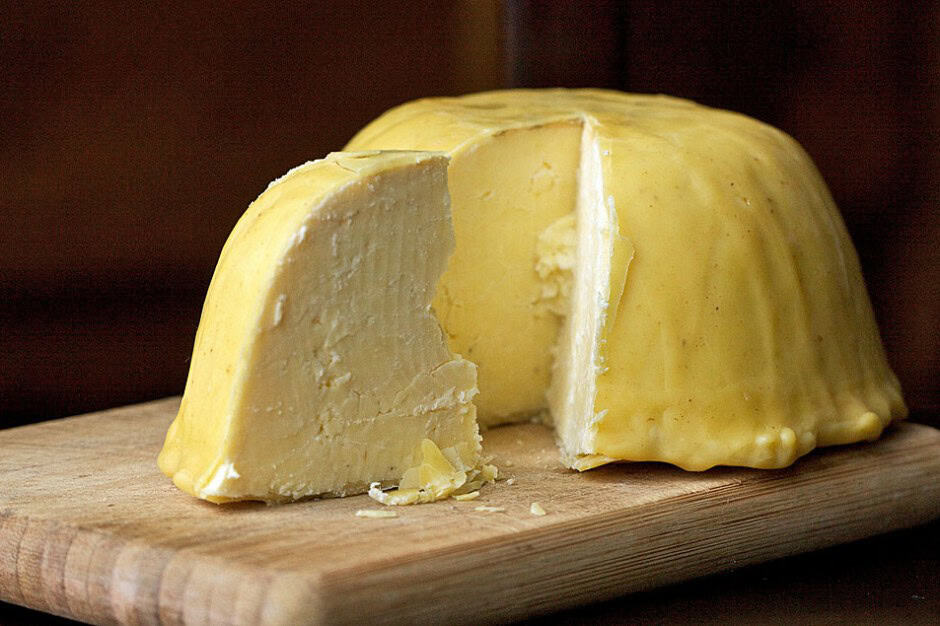
Image Source: barfblog.com/tags/raw-milk-cheese/
Despite the controversy, raw milk cheese just may be the perfect food. It offers pretty much all the nutrition you need, with full distribution of amino acids, balanced calories and a huge amount of probiotics which are so good for your body.
The word ‘probiotics’ itself actually means “for life”, which means we cannot sustain our lives without these vital allies. They are an extremely beneficial bacteria that we all have and need for our bowels and intestinal tracts to function smoothly, and so much more. It is said that raw milk cheeses have a wider diversity of bacteria, yeasts, and molds, which ultimately contribute to a healthy gut.
Raw milk cheese is not only good for us but it tastes incredibly delicious, with its richness and complexity of flavors. The best cheese starts with high-quality milk. To achieve this, it must come from healthy cows that feed on lush grass. When it comes to raw milk cheeses, the milk is superlative because the animals have been grazing on pasture.
Even though pasteurization heat-treats milk, which kills pathogens such as Listeria and E. Coli, Laws still stipulate that raw milk cheese in the U.S. must be aged for a minimum of 60 days, regardless of if it is produced domestically or imported from abroad.
The Power Of Probiotics
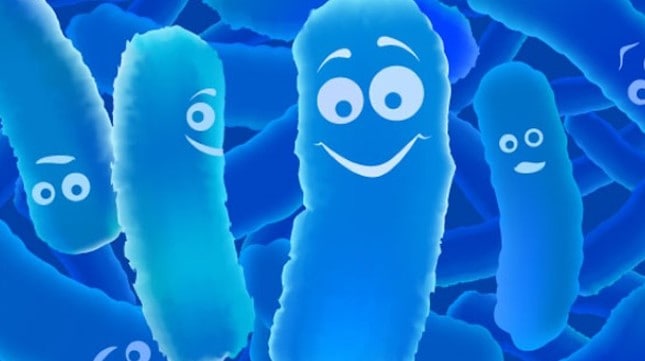
Image Source: chinesemedicinedoc.com/probiotics-strains-are-important/
Probiotics are proven to play an important role in maintaining healthy digestion and supporting a strong immune system. With the overuse of antibiotics, children often have compromised microbiomes and probiotics may be the key to restoring the healthy gut.
There are also studies that show that pregnant women who enjoy farmstead milk and cheese products throughout their term have children with fewer allergies, asthma and wheezing than those who do not enjoy these foods. Probiotics may also help decrease stress, prevent obesity and regulate weight. There are also studies that suggest that they also protect against respiratory infections.
So, with all these advantages to probiotics and raw milk cheese containing many, it is important to eat it, despite the controversy of raw milk cheese being bad for you. Raw milk cheese is also extremely delicious, so that alone is a plus.
The Best Low-Calorie Wine



